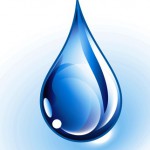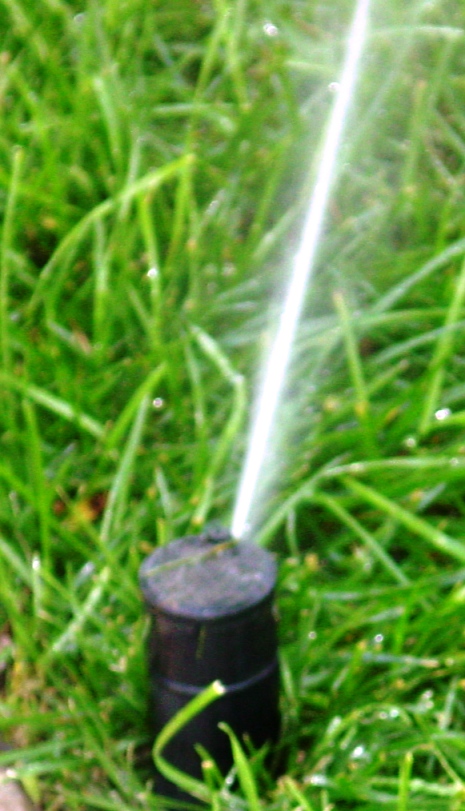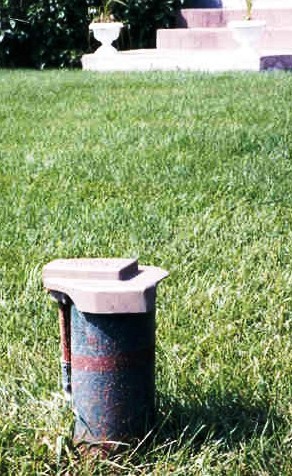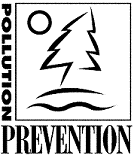During National Pollution Prevention (P2) week (Sept. 15 – 21, 2014) Americans are asked to consider their everyday decisions that generate pollution. The best way to protect Anoka County’s natural and water resources is to stop creating pollution in the first place. Pollution Prevention (P2) Week highlights community efforts to make pollution prevention a cornerstone of […]
Archive for the ‘City of Saint Francis’ Category

St. Francis joins other communities to protect groundwater and drinking water
 August 21st, 2014
August 21st, 2014  knowtheflow
knowtheflow St. Francis has it all with friendly neighborhoods surrounded by scenic rural lands plus clean water that runs down the Rum River – and the groundwater below. The St. Francis City Council resolved to efficiently protect their drinking water supply (groundwater) by cooperating with other communities to implement wellhead protection. Wellhead protection keeps groundwater and wells […]

Water quality – what’s most important to you?
 July 24th, 2014
July 24th, 2014  knowtheflow
knowtheflow Minnesotans admit that they don’t know everything about water pollution. They may not know how pollutants are finding their way into rivers, lakes, streams, and groundwater, But, in a recent survey, reported in the StarTribune, Minnesotans know what their three top water quality concerns are: Clean water for consumption of fish Clean water for drinking […]

Municipal drinking water quality reports are available
 July 1st, 2014
July 1st, 2014  knowtheflow
knowtheflow Drinking water is safe at Anoka County’s community water supply systems, according to the Minnesota Department of Health’s (MDH) Drinking Water Annual Report 2013. Each year, cities publish reports on the results of water quality tests of their water system. The 2013 water quality reports summarize testing results for 2013 (Jan 1 to December 31). The reports […]

City watering restrictions are going into effect
 June 1st, 2014
June 1st, 2014  knowtheflow
knowtheflow As Anoka County communities grow – so does our demand for water. The trick is to use water wisely so that our combined water demand doesn’t exceed our local water resources supply. During the summer months water use increases for lawn sprinkling. A homeowners water use in July can be six (6) times greater than January. […]

Unused water wells must be sealed for everyone’s health
 May 24th, 2014
May 24th, 2014  knowtheflow
knowtheflow It’s the law: unused wells must be sealed. During this construction and demolition season, the Anoka County Municipal Wellhead Protection Group asks residents, property owners and developers to be on the lookout for old unsealed wells as you dig, demolish and develop. It is estimated that there are over 20,000 unused wells in Anoka County. […]

Well Water Wise week (May 5-9, 2014)
 May 3rd, 2014
May 3rd, 2014  knowtheflow
knowtheflow Private (home and cabin) well owners must perform an annual test to ensure that their water supply remains safe to drink. The Anoka County Community Health and Environmental Services Department, in cooperation with 13 communities, is sponsoring the 15th annual Well Water Wise Week (3W). Anoka County’s 3W promotion coincides with National Drinking Water Week in […]

Anoka County law enforcement provides a safe way to dispose of drugs and protect water resources
 April 15th, 2014
April 15th, 2014  knowtheflow
knowtheflow Don’t flush prescription drugs (or other dangerous chemicals) down the drain. Prescription drugs have the potential to pollute local water resources (groundwater and the Mississippi River) – the source of our drinking water. Proper disposal will not only keep dangerous drugs from being abused but also prevent harm to water and wildlife (e.g. fish and ducks). Safely […]

The Safe Drinking Water Act is turning 40 years old
 March 6th, 2014
March 6th, 2014  knowtheflow
knowtheflow On December 16, 1974, President Gerald Ford signed into law the Safe Drinking Water Act (SDWA) intended to ensure safe drinking water for the public. The SDWA applies to all public water supply systems including municipal water utilities and wells that serve mobile home parks, schools, churches and office buildings. A home or cabin well system […]

Water protection and management in your community
 March 5th, 2014
March 5th, 2014  knowtheflow
knowtheflow Anoka County communities have established water resource management programs with their watershed management organization or a watershed district. The City’s surface water management programs deal with broad land runoff (“nonpoint” source) and specific wastewater (“point” source) pollution. Point source pollution includes the discharge of treated wastewater effluent through a pipe. Nonpoint sources of pollution result from […]




 Posted in
Posted in 